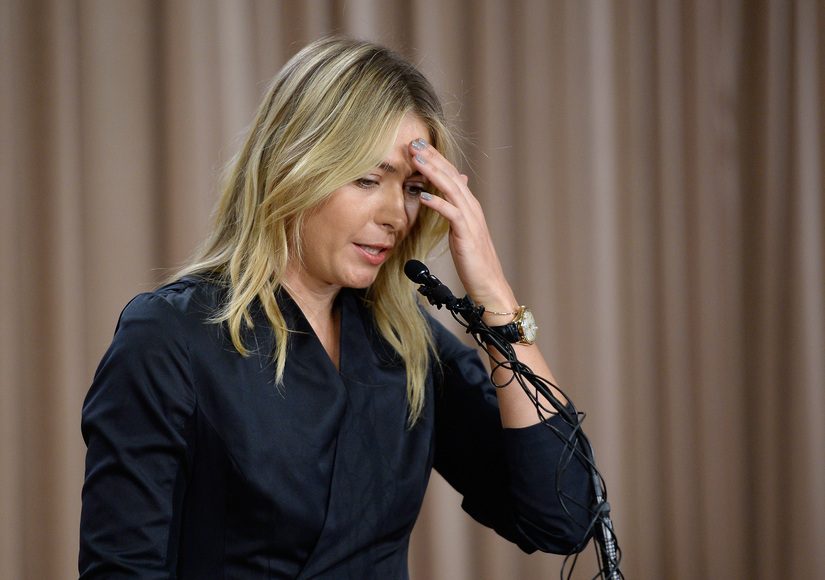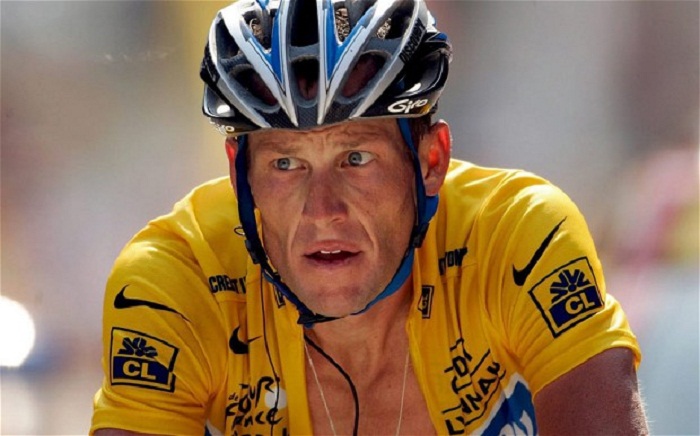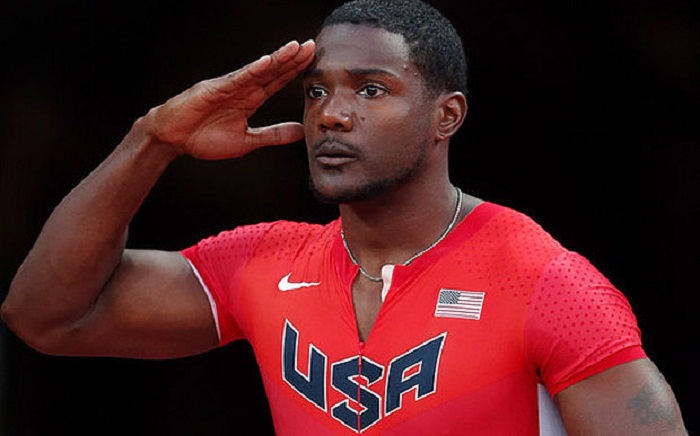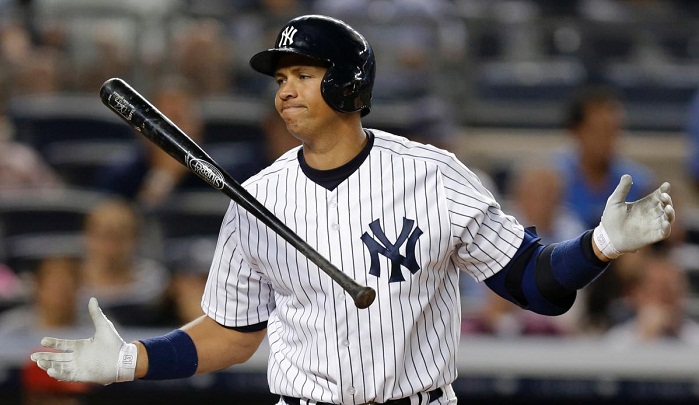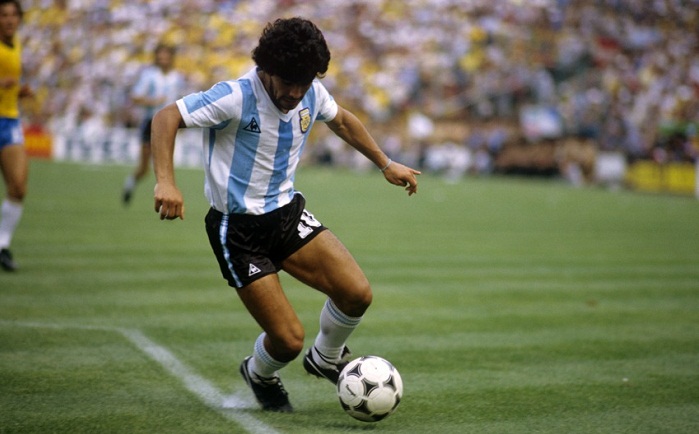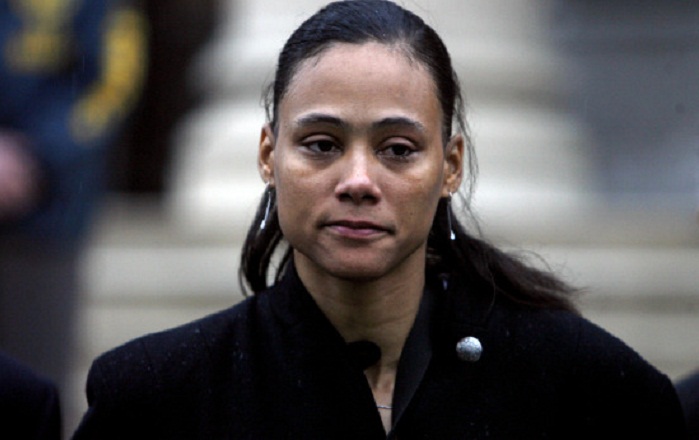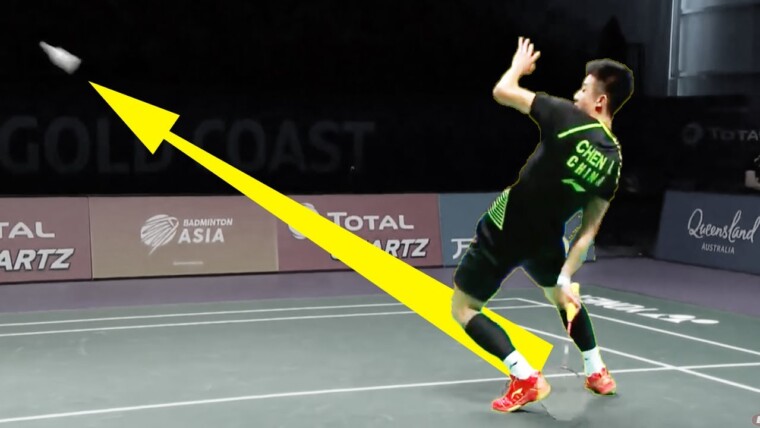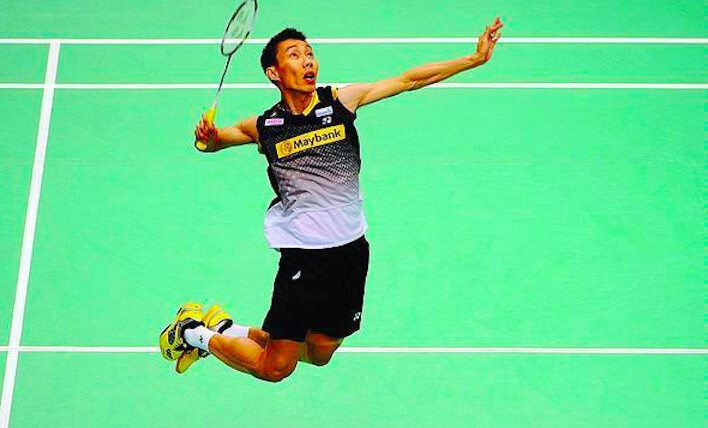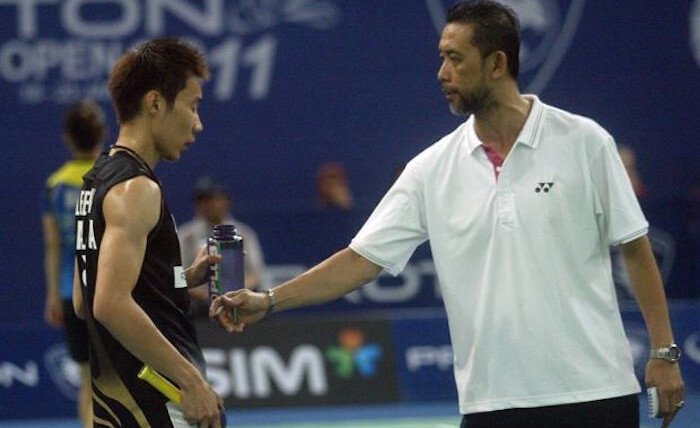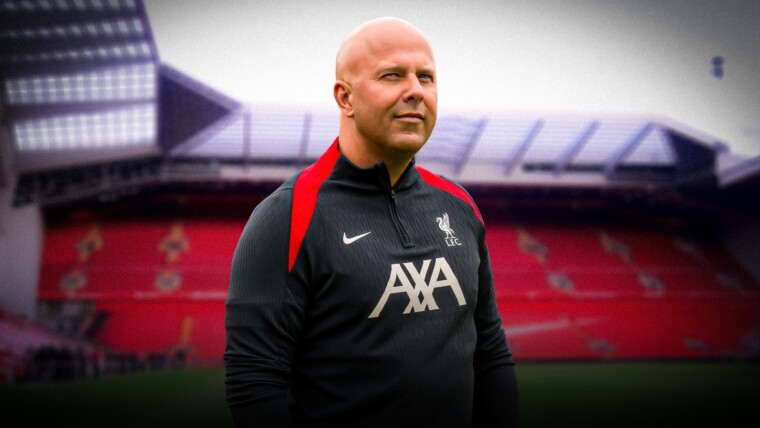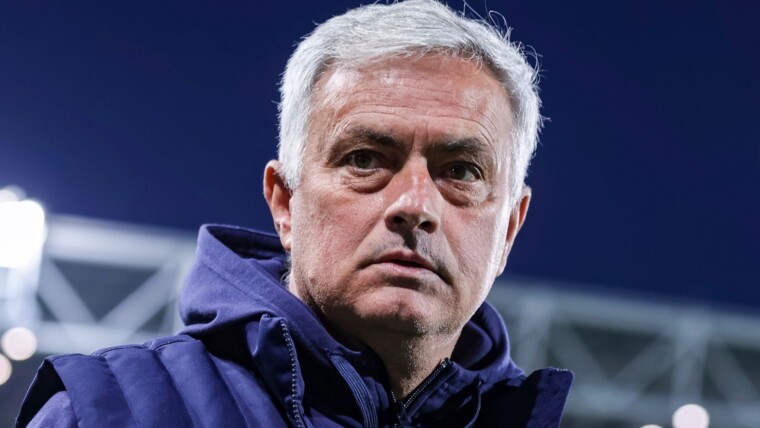Maria Sharapova shocked the world when she admitted that she failed a drug test at the recent Australian Open. She tested positive for Meldonium, a drug she has been taking for the past 10 years due to magnesium deficiency and a family history of diabetes. Meldonium is used to increase blood flow, which improves exercise capacity in athletes. The World Anti-Doping Agency (WADA) placed the drug on the list of banned substances after finding out that athletes can enhance their performance by carrying more oxygen to muscle tissue.
The 29 year-old Russian has been worshipped by millions for her talent and strength since the dawn of her illustrious career. She inspired young sportspeople around the world when she won her first Grand Slam title at the age of 17, beating Serena Williams at Wimbledon. The former World No. 1 went on to win four more Grand Slam titles (2 French Opens, Australian Open, US Open) to become one out of ten women to hold a career Grand Slam. The International Tennis Federation (ITF) provisionally suspended Maria Sharapova early this month and will consider stripping her off the titles she won for the past ten years.
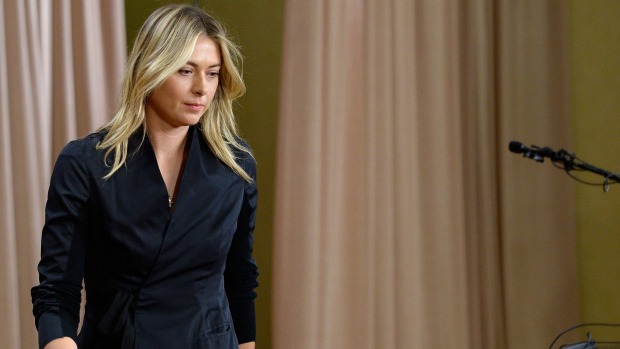
The highs of witnessing our favourite sports idols achieve success turn sour when we discover the truth behind their glorious feats of dominance of the game. The coaches and supporters put a truckload of pressure on them not only to win, but also to consistently carry out a professional approach day in and day out, whereas the media constantly criticizes every wrongdoing of theirs. Doping will definitely continue to be an issue because athletes face a huge amount of stress to be the person that the world perceives them to be.
Let’s take a look at five of the biggest doping scandals in the world of sports.
1. Lance Armstrong
The former American cyclist spent years denying his use of performance-enhancing drugs, ever since winning the Tour de France back in 1999. He went on to win seven consecutive Tour de France titles, earned millions in cash winnings and gained worldwide media attention and following. However, in 2012, The United States Anti-Doping Agency (USADA) concluded that he had been using performance-enhancing drugs over the course of his career and was handed a lifetime ban from the sport. He was also stripped of all of his achievements since 1998. He apologized for shaming the name of the game and moved on with his life.
2. Justin Gatlin
Before Justin Gatlin’s career rose to stardom, he was from international competition in 2001 after testing positive for amphetamines. However, he appealed on the grounds that the result was positive due to medication he took since his childhood, after being diagnosed with Attention Deficit Disorder (ADD). He then went on to win gold medals at the 2004 Olympic Games in Athens and 2005 World Championships in Helsinki for 100m and 200m events. In 2006, he was tested positive for testosterone but spent months denying knowing anything about it. In August 2006, he finally accepted a 8-year ban, which was reduced to a 4-year ban and his then-world-record time of 9.77s in the 100m category was annulled.
3. Lee Chong Wei
The Malaysian badminton hero was put under the spotlight for the wrong reason in 2014 when the Badminton Association of Malaysia (BAM) confirmed that one of the nation’s top shuttlers tested positive for dexamethasone. The identity of the shuttler was not revealed but everyone was putting their money on Lee Chong Wei because of the discreteness of the whole situation. A month later, the Badminton World Federation (BWF) confirmed that the three-time All England Open winner was temporarily suspended from competing due to an apparent anti-doping regulation violation. In April 2015, Lee Chong Wei was handed a backdated eight-month ban for his anti-doping rule violation and his silver medal from the 2014 World Championships was stripped of him.
4. Alex Rodriguez
The Major League Baseball (MLB) uncovered a huge scandal in 2009, which saw more than 10 players punished for their use of this company’s testosterone and human-growth hormones. The New York Yankees third baseman admitted to having used steroids in the past for three years during his playing career. The MLB suspended him for 211, making it the longest non-life suspension in the MLB history. However, it was reduced to 162 games which saw him off the field for the entire 2014 season.
5. Diego Armando Maradona
The former Barcelona and Napoli forward has been regarded as the greatest football player of time, ahead of Pele, Cristiano Ronaldo and his fellow countryman, Lionel Messi. Despite single-handedly (literally) winning the FIFA World Cup for Argentina in 1986, Diego Maradona has had a history of drug problems. He was often failing doping tests for cocaine during his time at Napoli and was handed a 15-month ban from playing football in 1991. He returned to the game and left Napoli for Sevilla, before moving back to Argentina to play for Newell’s Old Boys and Boca Juniors. However, he was banned again from the game after testing positive for ephedrine at the 1994 FIFA World Cup in the United States of America.
Bonus (Marion Jones)
The former world champion track and field athlete became a household name in the early 2000s, after taking home five medals in the 2000 Olympics in Sydney. Prior to that, she won three gold medals at the 1997 and 1999 World Championships in Athens and Seville. She lied to federal agents under oath about her use of steroids before the 2000 Olympics and was given a two-year suspension from track and field in 2007. She was stripped of the medals she had won at the 2000 Summer Olympics and sentenced to a six-month prison term after pleading guilty to two counts of lying to federal authorities.
Here’s a video of Marion Jones confessing to her use of steroids:
Other posts by Prashant Kharbanda

